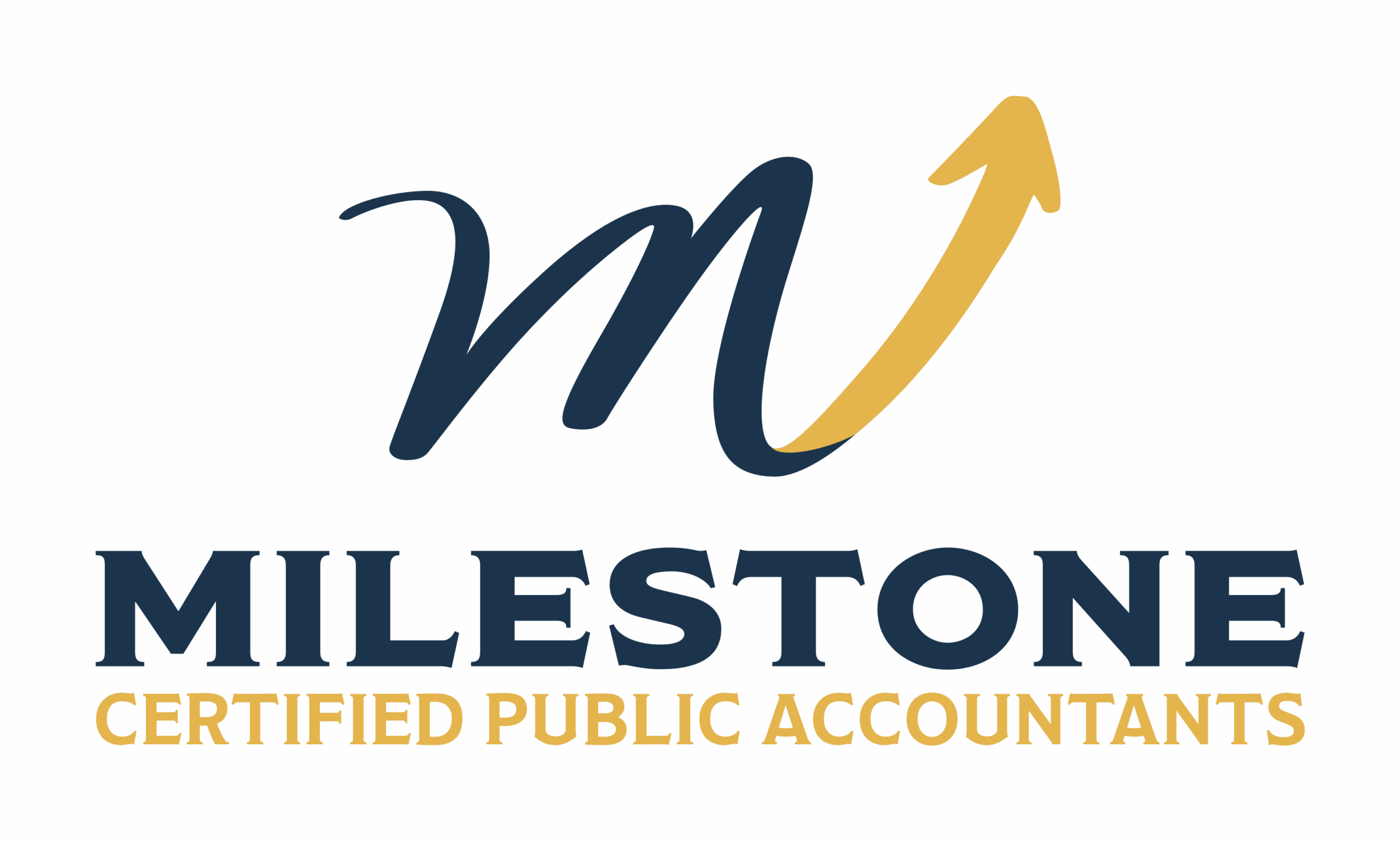Mergers and acquisitions (M&A) are powerful tools for small business growth, but without tax-smart planning, they can quickly become financial liabilities. Structuring a tax-smart acquisition ensures you minimize tax burdens, protect cash flow, and gain long-term value from your investment.
At Milestone Certified Public Accountants Inc., we help clients navigate every step of the acquisition process — from due diligence to entity restructuring — using smart tax strategies. Here’s how to structure tax-smart mergers and acquisitions that build real wealth.
1. Choose the Right Type of Acquisition: Asset vs. Stock Purchase
The first critical decision in any acquisition is whether you’re buying the assets of a company or the stock (or membership interests) in the entity itself.
Asset Purchase (Most Common for Small Businesses):
- Buyer acquires selected assets (e.g., equipment, contracts, goodwill)
- Liabilities usually stay with the seller
- Depreciable tax basis can be stepped up to fair market value
- Preferred by buyers for liability protection and tax benefits
Stock Purchase:
- Buyer purchases ownership of the entity itself
- All assets and liabilities transfer
- No step-up in asset basis
- Often required when licenses, permits, or contracts are hard to transfer
CPA Insight: From a tax standpoint, asset purchases are usually more favorable to buyers, while sellers often prefer stock sales due to capital gains treatment.
2. Conduct Financial and Tax Due Diligence
Before you sign a letter of intent (LOI), dig deep into the target’s financials.
Key Areas to Review:
- 3–5 years of tax returns
- Profit & Loss statements and balance sheets
- Payroll records and 1099 filings
- Sales tax compliance
- Outstanding liabilities, loans, and liens
- Inventory and fixed asset records
CPA Red Flags:
- Commingled personal expenses
- Unreported income (especially cash-heavy businesses)
- Unpaid payroll taxes (potential personal liability)
Bonus Tip: Always reconcile financial statements with tax filings. Discrepancies can signal deeper issues.
3. Evaluate the Tax Implications of the Purchase Price Allocation
How the purchase price is allocated among different asset categories directly impacts your taxes.
Here’s how a typical allocation might look:
- Equipment & vehicles → depreciable over 5–7 years
- Inventory → deductible when sold
- Non-compete agreements → amortized over 15 years
- Goodwill → amortized over 15 years (but no early write-off)
- Real estate → depreciated over 27.5 or 39 years
CPA Strategy: Allocate more to shorter-lived assets (like equipment) to accelerate deductions, but balance with what’s defensible to the IRS.
Form to File: IRS Form 8594 — both buyer and seller must agree on the allocation.
CPA Tip: In lower-risk portfolios (e.g., several single-family homes), you can group similar properties into one LLC — but high-value or high-risk assets should be siloed.
4. Structure the Deal Terms Strategically
Beyond price, deal terms can make or break your ROI.
Common Deal Structures:
- Cash at Closing: Clean and straightforward
- Seller Financing: Seller takes a promissory note for part of the price
- Earn-Out: Additional payments tied to future performance
- Holdbacks or Escrows: Funds withheld for a period to cover any undisclosed liabilities
Tax Consideration: Earn-outs and installment payments affect when income and expenses are recognized.
Pro Tip: Seller-financed deals can help you spread out the cost and the tax burden — but must be properly documented and secured.
Important Note: The parent company doesn’t directly own the real estate — it owns the LLCs that do.
5. Choose the Right Entity for the Acquired Business
Once you acquire the target company, you need to decide where and how it fits into your existing structure.
Options include:
- Merging into your current entity
- Operating as a wholly-owned subsidiary
- Keeping it separate under a new LLC or S-Corp
- Rolling up multiple acquisitions under a holding company
CPA Recommendation: Keeping acquisitions in separate entities (especially early on) provides:
- Risk insulation
- Cleaner financial tracking
- Flexibility to sell or spin off in the future
Real Estate CPA Insight: Passive rental income usually doesn’t require an S-Corp, but active income (like short-term Airbnb or wholesaling) may benefit.
6. Don’t Forget About State & Local Tax (SALT) Impacts
Your acquisition may create new tax obligations in different states or cities.
Evaluate:
- Sales tax nexus
- Payroll tax registrations
- Franchise or excise taxes
- Business license renewals
CPA Alert: Many small M&A deals ignore local compliance — and wind up with penalties months later.
Tax Advantage: You can shift income to the management company, where it may be taxed at a lower effective rate depending on structure.
Pro Tip: A management company is ideal for real estate professionals who qualify for material participation and want to maximize deductions.
7. Address Employee and Contractor Transitions
You may inherit employees, contractors, or benefit plans. Plan ahead:
- Decide which employees to retain and how to transfer them
- Review prior compensation, PTO, and benefits liabilities
- Re-verify eligibility with Form I-9 and issue new offer letters
- Issue 1099s or W-2s as appropriate under your new EIN
Bonus Insight: Avoid triggering a “successor employer” status unless you intend to take on all obligations.
8. Plan Post-Acquisition Integration Early
Smooth integration = faster profitability. Build a 90-day plan that covers:
- New accounting systems and chart of accounts
- Bank account setup and expense policies
- Transition of customer contracts
- Vendor and supplier communication
- Marketing and branding updates (if applicable)
CPA Pro Tip: Use this time to standardize processes, consolidate back office operations, and increase margins.characterize informal loans as distributions or capital contributions, affecting tax treatment and ownership basis.
Every Smart Acquisition Starts with the Right Team
Buying a business is one of the most complex financial transactions you’ll make. From structuring the entity to allocating the purchase price, a CPA plays a central role in reducing tax exposure, protecting your investment, and maximizing post-acquisition value.
At Milestone CPAs, we provide strategic M&A services tailored to small business owners, professional firms, and real estate investors. Whether you’re eyeing your first acquisition or building a buy-and-build strategy, we can help you close with confidence.













